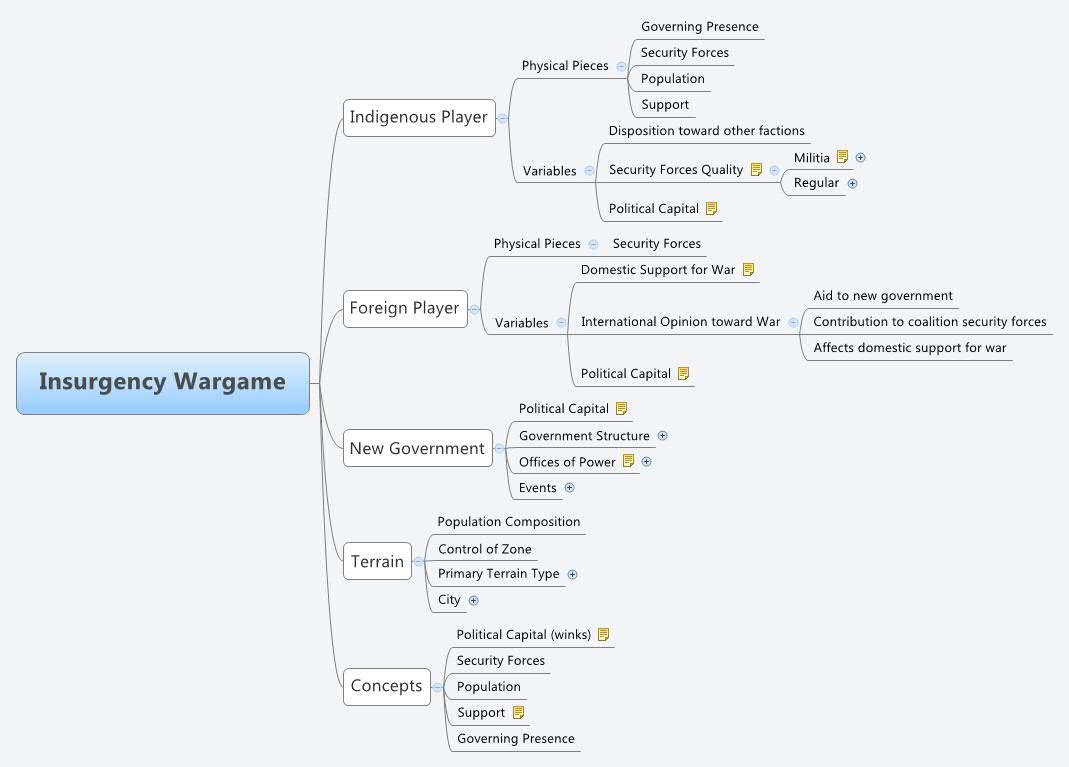On Social Media & Sock-Puppetry
There appears to be a sophisticated social media campaign supporting the Bahraini government on Twitter. Several sock puppet accounts purporting to be ordinary Bahraini citizens are following defense bloggers & policy wonks and tweeting exclusively about the crisis in Bahrain. (If someone is indeed controlling a network of sock puppet accounts, they’ve made the grave mistake of assuming I’m a defense blogger with any influence whatsoever.)
Not all pro-Bahraini accounts on Twitter are sock puppets, obviously. When crises occur, concerned citizens on all sides express their opinions on the platforms available to them. People who have never used social media before may be driven to joining sites for that specific purpose.
Some quick thoughts on what suggest a “concerned citizen” is more astroturf than grassroots:
- They tend to retweet each other. Real people retweet and get retweeted by a variety of others. A network of associated sock puppet accounts will retweet each other to promote their platform since they can’t guarantee organic support. If you see the at least 7 accounts retweeting all of each other’s tweets (but no one else is), you’ve probably found a network.
- Tweeting all day and all night. Real people, even concerned citizens and activists, have lives to attend to. They eat, they sleep, they use the bathroom. It’s remarkably easy to schedule an entire day’s worth of propaganda if you’re running a network on a social media site. Check an account’s frequency and pattern of tweets.
- Like a broken record. Sock puppets, as opposed to genuine accounts, will hammer on the same themes while changing their phrasing and vocabulary. Just think of how politicos in Washington try to promote the platforms of their bosses. Real people aren’t all communications majors with copywriting experience. Propaganda always has a theme, and the whole network will usually hit the theme with similar but not identical messages, retweet each other, and have fake conversations.
- They’re following who? A strategy a lot of new Twitter users employ is to follow a large number of people in hopes of getting them to follow back. Mind you, they’re not actually interested in anything these people have to say, they just want to build up their followers count. Sock puppets will do the same thing, but they also target people more intelligently. When you’ve got a message to promote, as a network of sock puppets might, you want to spread that message to influential people. Real people join a site like Twitter simply to be heard; sock puppets want to be heard by specific individuals and groups and could care less if anyone else listens.









